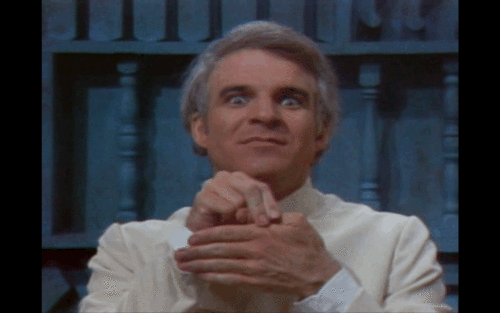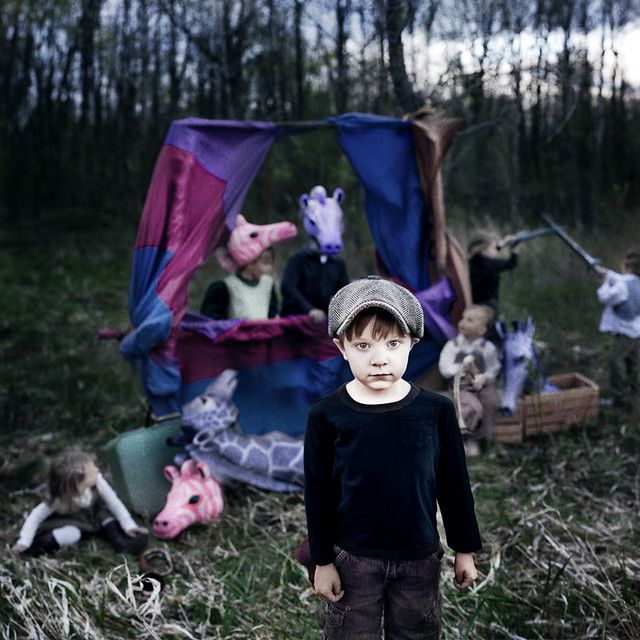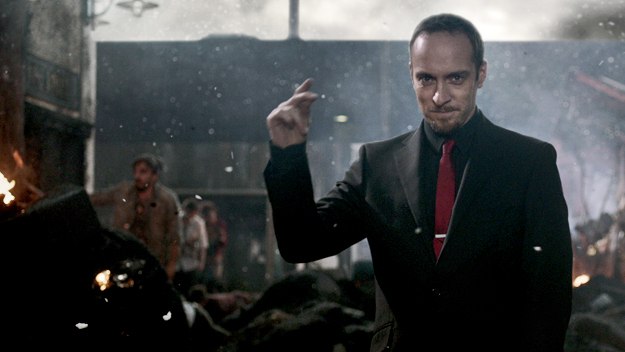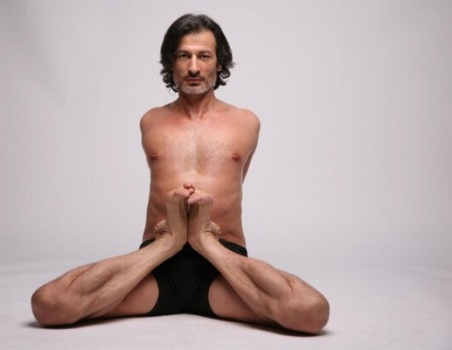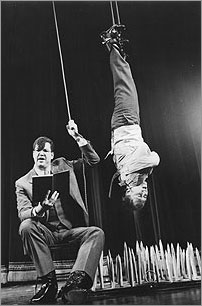"Character is created by encountering and overcoming failure."
After a comment from a fellow Craft man I thought I would divulge some deeper thoughts on failure and the importance of overcoming it. (Flanagan, this one is for you.)
Those who have seen my Tennis act will be aware of the emphasis I put on chaos and apparent failure and struggle. It is, or should at least be commonly known that making the audience believe you are in some kind of trouble raises their level of attention. If they really believe that the handstand artist had to awkwardly jump down to avoid coming crashing head first onto the stage the Crowd will be on the edge of their seats for his second seat. It will also make his second and successful attempt all the more triumphant. This is, as they say, an old circus trick.
On the other hand, if you appear to pretend to be failing but they can tell that it is nothing but
charades the whole exercise quickly becomes embarrassing. To both the Showman and the Crowd. A clown who pretends to be bad at what he does but fails to convince his crowd its real, fails doubly. He dies two deaths. Not only is he bad, he is bad at being bad. In this case two wrongs don't make a right.
Pretending to be bad at something needs the most amount of care and rehearsal. Chaos needs to be very carefully practiced and planned.
Most Novice Showmen which sees a more experienced Showman perform a great failure act such as the "bad clown" or the "bad magician" fail to grasp that do be a "bad clown" one actually have to be a good clown and a great Showman. It is not enough to
be bad. If you act bad you will be bad and the amount of work available for bad showmen is not enough to get by on. So one has to be good, or perhaps indeed great, to be bad, that is: it is not easy to be bad.
It is often said that people love to see a magician screw up. This is not entirely true, if it is true at all. The only way a Crowd would want to see you actually fail was if you were an asshole. In
that case they would like to see you humiliated. But in any other case it is painful to watch someone die on stage. We are not talking about a Ricky Gervais kind of ironic fail or knowingly being bad, we are talking the magician which with his un-ironic attitude and self important behavior which then spectacularly blunders his tricks. If the Man is unlikable the Show will have to be of exceptional entertainment value, but such is rarely the case.

Dariel Fitzkee sums up the reason for this in his brilliant exposition
Showmanship for Magicians as: "People are more interested in people than in anything else."
Darwin Ortiz writes in Strong Magic: "Character fascinates people, and character is revealed under pressure. Most of the time you can maintain a facade in dealing with the world. But, when things go wrong, that's when the real you emerges."
With this in mind the idea that people like watching Showmen in trouble gets a different meaning. No longer are we talking about genuine failure, but the overcoming of obstacles. They want to see you challenged, not to die miserably. (Of course there are master Showmen out there who no doubt can pull of acts where they genuinely fail and still are loved, but isn't perhaps even the likes of Neil Hamburger and Tony Clifton wins in one way or the other? Since they have transcended the fail.)
The bottom line is that Crowds wants to see how you deal with pressure and mounting challenges and the more they like you the more they want you to succeed and therefor the more they will be captivated by a situation that apparently is going awry.
So the advice for the Novice Showman is to not rely on failure since you first need to have the Crowd with you before you can begin laying on the next layer of attention getting technique. Real emotion needs to be stirred in the Crowd, positivity towards you, to be specific before you should delve too deeply into failure.
For an audience to see you in trouble doesn't provide entertainment, it only creates the conditions for entertainment. It generates audience interest. The next question is how you get yourself our of trouble. If you do it by applying your magical skill (if you are a magician) - by doing something impossible - the audience will be pleased. And the more hopeless your situation seems, the more emotionally gratifying it is for the audience when you triumph.



